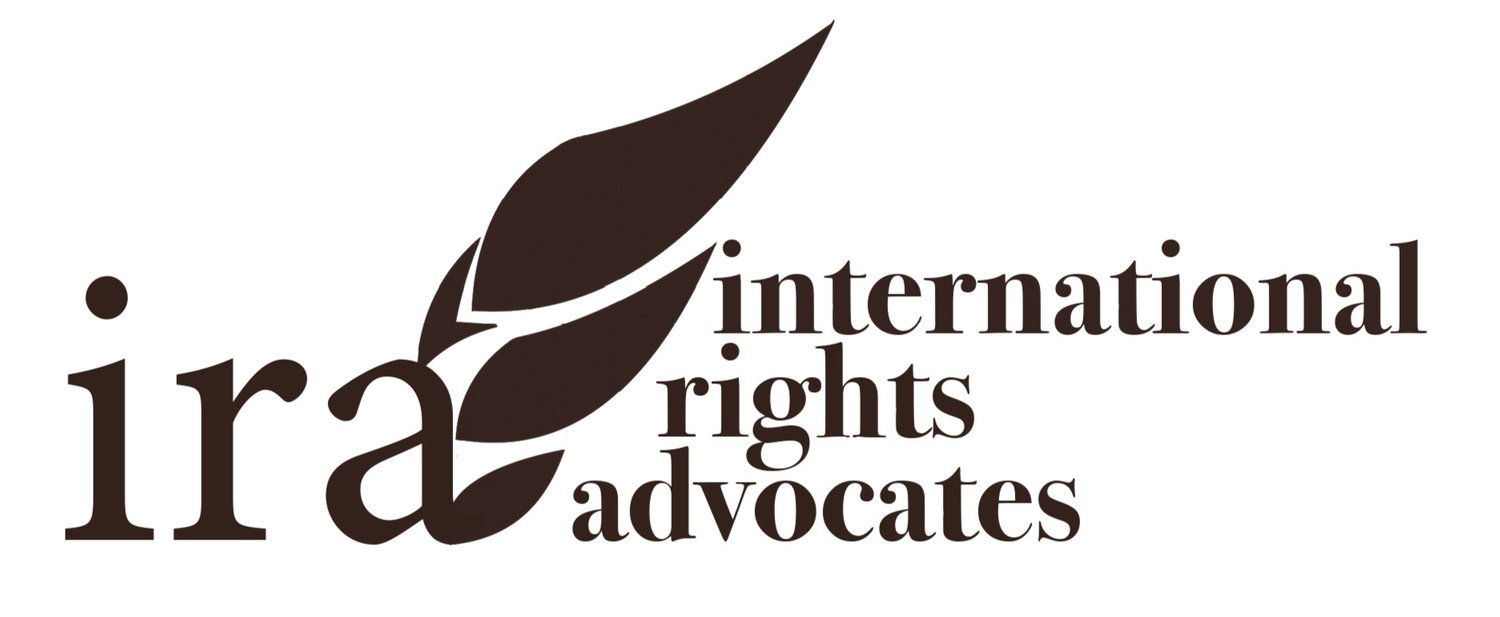Aldana v. Fresh Del Monte Produce
MORE INFO: Del Monte
REGION: Latin America
COUNTRY: Guatemala
CASE STATUS: Past Case
Summary:
Banana packing plant workers.jpg
The plaintiffs in this case are all union leaders who worked on Del Monte’s plantations in Guatemala. In October 1999, security forces controlled by Del Monte held the plaintiffs at gunpoint threatening their lives. Plaintiffs filed 12 state law claims and federal claims for torture under the ATS and TVPA against the Del Monte Defendants.
Factual Background:
The plaintiffs in this case are all union leaders who worked on Del Monte’s plantations in Guatemala. Plaintiffs Enrique Villeda Aldana, Jorge Palma Romero, Oscar Guerra Evans, Lyionhel McIntosch Rodriguez, and Marel Martinez were brutally punished for engaging in the same union activities that were once essential to furthering fair labor standards in the United States. In response to their efforts to improve working conditions for Del Monte workers, on October 13, 1999, Mr. Aldana and other union leaders went to their labor union’s office. Upon arrival, they were met with a heavily armed security force, made up of local gunmen and politicians controlled by Del Monte, who held the plaintiffs at gunpoint.
After being intimidated, their lives threatened, and held at gunpoint for eight hours, Mr. Aldana and another union leaders were forced to announce to their fellow union members on the radio that the union protests were cancelled. Soon thereafter, all of the union’s experienced leaders were pressured at gun point to resign from their positions. Throughout the ordeal, the security forces communicated with Del Monte officials.
When they were finally released, the union leaders had nowhere to turn; local police – even those stationed mere feet from the labor union’s offices – had turned a blind eye to the violence. The union leaders and their families fled to Guatemala City where, with help from the U.S. Embassy, they were relocated to the United States where they received asylum, leaving everything they knew behind. Mr. Aldana and the other labor leaders seek justice for the violence they endured.
Once safely within the United States, on August 3, 2001, Plaintiffs filed a case in the United States District Court for the Southern District of Florida against Defendants under the Alien Tort Statute (ATS) and the Torture Victims Protection Act (TVPA). Plaintiffs asserted twelve causes of action under Florida State law and federal law for human rights violations. Del Monte is the parent company of Bandegua, the subsidiary who runs the Bobos Plantation where Mr. Aldana and the other labor leaders worked. The tortious actions committed by the security forces were in furtherance of Del Monte’s business interests and activities and committed by agents of both Bandegua and Del Monte. As a result, Plaintiffs allege Del Monte is responsible for the harms they suffered.
Legal Proceedings:
This case has a long, complex procedural history in both state and federal court. At the heart of the current dispute is whether Plaintiffs, who now reside in the U.S. after receiving asylum for the abuses they suffered in Guatemala, should be allowed to proceed with their case in a U.S. court. The case is more than a decade old and the merits claims against a corporation headquartered in Florida have yet to be decided.
On April 30, 2003, Del Monte filed its first motion to dismiss on the grounds of “forum non conveniens”, claiming that Miami, Florida, Defendants’ own backyard, was not a convenient forum and arguing that the case should be tried in Guatemala instead. The District Court denied Defendants’ FNC motion on June 5, 2003, noting that Plaintiffs “were granted asylum in the United States precisely because of the threat of death in Guatemala,” and concluding that a “forum that puts Plaintiffs’ lives at risk cannot be an adequate alternative under the doctrine of forum non conveniens [FNC].” Nevertheless, the court dismissed Plaintiffs’ claims, finding that prolonged detention at gun point under the constant threat of death did not constitute torture under international law and thus Plaintiffs’ claims did not satisfy the requirements of the ATS. Plaintiffs appealed this decision and the Eleventh Circuit reversed the District Court, finding the Plaintiffs had sufficiently stated a cause of action for torture under the ATS and TVPA.
While Plaintiffs’ federal appeal was pending, on January 12, 2004, Plaintiffs filed state law claims in the Eleventh Judicial Circuit Court for Miami Dade County, asserting eight causes of action under Florida law, including battery, assault, arbitrary arrest and detention, false imprisonment, and intentional infliction of emotional distress. Defendants filed a motion to dismiss on FNC grounds, renewing the arguments made before and twice rejected by the federal district court.
Based on the assumption that the Guatemalan judicial system would accept Plaintiffs’ case, the state court dismissed Plaintiffs’ case on the condition that Plaintiffs not be forced to return to Guatemala to litigate based on their legitimate fear for their safety. Plaintiffs appealed this decision, but the dismissal was affirmed without a published opinion. Plaintiffs then appealed to the Florida Supreme Court, which dismissed the case without review.
Back in federal court, on remand from the Eleventh Circuit, Defendants yet again moved to dismiss on FNC grounds. On October 16, 2007, the District Court found that it was precluded from deciding issues already addressed in the state court’s earlier FNC ruling and granted Defendants’ FNC motion and dismissed Plaintiffs’ federal claims without prejudice. Plaintiffs appealed this decision, but the Eleventh Circuit affirmed the District Court’s dismissal in a 2-1 decision. Plaintiffs also sought review by the U.S. Supreme Court, which was denied.
Having exhausted their options in the United States in both the state and federal systems, Plaintiffs filed a petition in Guatemala seeking relief for the violations of their human rights. The Guatemalan court dismissed the case, finding that it lacked jurisdiction. Under Guatemalan law, a Guatemalan court cannot hear a case once a plaintiff has chosen another court with jurisdiction – in this case, Florida.
Since the Guatemalan court could not provide an “adequate and available forum,” Plaintiffs returned to the U.S. court system and filed a motion for reinstatement in the Southern District of Florida and in the Florida state court. In March 2011, the state court denied the motion for reinstatement without setting forth its reasoning for doing so. Plaintiffs appealed this decision, and the state appellate court affirmed the lower court’s denial of Plaintiffs’ Motion for Reinstatement without publishing an opinion.
The federal court initially stayed the federal proceedings pending the outcome of Plaintiffs’ state appeal regarding the denial of reinstatement. In its order staying the case, the federal judge aptly noted: "Although the Court reserves ruling on the motion for reinstatement, the Court notes that it is troubled by the notion of dismissing a lawsuit in this forum based on the doctrine of forum non conveniens when there is a Guatemalan law precluding Plaintiffs from proceeding in those courts. Given that law, a forum non conveniens dismissal becomes an adjudication on the merits leaving the Plaintiffs with no forum in which to proceed and receive an adjudication of their claims. Surely, that is not the essence of forum non conveniens doctrine intended to allow parties to litigate in a more convenient forum."
Despite the federal court’s initial inclination to avoid leaving Plaintiffs without any forum in which to litigate their human rights claims, on October 30, 2012 the court ultimately denied Plaintiffs’ Motion for Reinstatement on the grounds that Plaintiffs should have appealed the Guatemalan court’s refusal to accept their case. Plaintiffs have appealed this decision to the Eleventh Circuit Court of Appeals and the case is currently pending there. Briefing was complete din May 2013 and Plaintiffs expect oral argument will be scheduled sometime during the fall of 2013.
Cooperating Attorneys:
Conrad & Scherer, LLP
Sugarman & Susskind, P.A.

